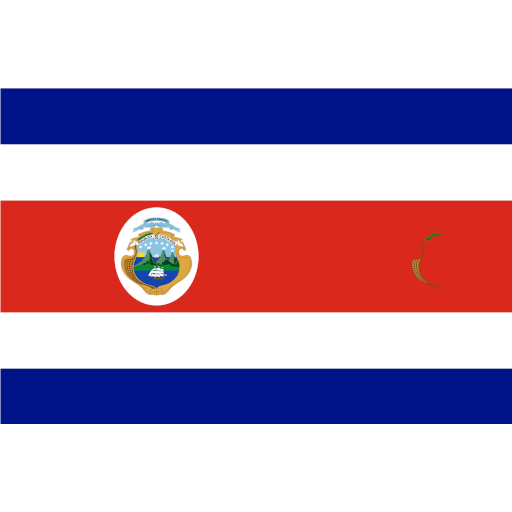1.Resolution 3461 of 2025 – Ministry of Labor
On September 1st, 2025, the Ministry of Labor issued Resolution 3461, which modifies the operation of the Labor Coexistence Committee in Colombia.
Main Adjustments:
i. Meeting Frequency:
- Monthly
ii. Number of Members:
- Fewer than five (5) employees: One (1) representative of the employer and one (1) representative of the workers.
- Between five (5) and up to twenty (20) employees: One (1) principal representative and one (1) alternate representative for each party.
- More than twenty (20) employees: Two (2) principal representatives and their alternates for both employer and workers.
iii. Election of the Committee Chair: The chairperson shall be elected by the newly appointed members of the committee.
The Labor Coexistence Committee protects workers against psychosocial risks affecting occupational health. Therefore, the resolution establishes:
iv. The committee shall be composed of representatives of both employer and workers, each with alternates.
v. Once constituted, the committee must draft and adopt its own bylaws.
vi. The committee’s mandate is two (2) years.
vii. The resolution outlines the committee’s functions and timelines to ensure compliance with Celerity, Effectiveness, Impartiality, and Confidentiality principles.
viii. Six (6) actions are stipulated in the preventive procedure.
The resolution further establishes responsibilities regarding preventive and corrective measures against workplace harassment.
Occupational Risk Administrators (ARL) must submit monthly reports to the Ministry of Labor detailing:
ix. Promoting mental health Actions.
x. Prevention of workplace violence and harassment.
xi. Advisory and training sessions for members of the Labor Coexistence Committee.
xii. Training in psychological first aid for employers
This resolution applies to both public entities and private companies.
See: Documento anexo en formato pdf.
2. Guidelines for Endometriosis Prevention, Early Diagnosis, and Treatment
The Congress of the Republic enacted Law 2338 of 2023, which sets guidelines for a public policy focused on the prevention, early diagnosis, and comprehensive treatment of endometriosis.
Additionally, Law 2466 of 2025 (Labor Reform) amends the Labor Code to grant paid leave for employees diagnosed with endometriosis to attend medical appointments (urgent or scheduled), provided they notify the employer with the corresponding medical certificate, in accordance with the Ministry of Health and Social Protection.
Main Objectives:
• Comprehensive approach to endometriosis.
• Early diagnosis and timely treatment.
• Prevention and control of physical, emotional, and social complications.
Specific Measures:
- Criteria for identifying chronic cases.
- Healthcare protocols at all levels of care.
- Psychosocial support and prevention of complications.
- Periodic medical training.
- Guarantee access to information, research, and awareness.
- Detailed statistical registry of cases.
- Labor, educational, and social protection.
- Establishment of a care pathway to safeguard the rights to health and maternity.
See: Documento anexo en formato pdf.
3. Promotion of Mental Health and Prevention of Disorders in the Workplace
Decree 728 of 2025, issued by the President of the Republic, amends Decree 1072 of 2015 by adding Chapter 13 to Title 4, Part 2, Book 2. This new regulation sets forth guidelines to promote mental health, prevent mental disorders, and prevent substance abuse in the workplace.
This decree applies to employers, workers, and Occupational Risk Administrators (ARL).
Shared Responsibilities:
(i) Employers and contractors: Implement prevention strategies, ensure follow-up, and safeguard the confidentiality of information.
(ii) Occupational Risk Administrators (ARL): These professionals provide advisory services, develop programs and awareness campaigns, and intervene in crises.
(iii) Health Promotion Entities (EPS): Guarantee comprehensive mental disorders and substance abuse care.
(iv) Workers and contractors: Participate in prevention activities, comply with medical recommendations, and promote their own well-being.
This decree strengthens the Occupational Safety and Health Management System (SG-SST) and fosters a healthy work environment by establishing clear responsibilities and strategies for employers, workers, and related entities.
Key Preventive Actions:
- Substance Abuse Prevention:
- Awareness and intervention programs.
- Active identification of cases and professional assistance.
- Monitoring and evaluation of outcomes.
Mental Health Disorder Prevention:
(i) Promotion of protective factors: social support, healthy workplace relationships, and recreational activities.
(ii) Intervention on psychosocial risk factors: workload management, rest breaks, and role clarity.
(iii) Stress prevention and anxiety management
Special Protection for Mental Health Workforce:
Support measures for workers in emergency and urgent care sectors.
Monitoring and Evaluation:
Companies must maintain updated information on preventive activities, which must be available to labor inspectors.
Sanctions:
Sanctions shall apply per Decree Law 1295 of 1994 and other applicable regulations.
See: Documento anexo en formato pdf.
The content of this newsletter is merely informative, that´s why it cannot be used under any circumstances as advice on the matter described in it. If you need advice on any of the aspects discussed, our team of professionals will be willing to assist you. contacto@jadelrio.com






















